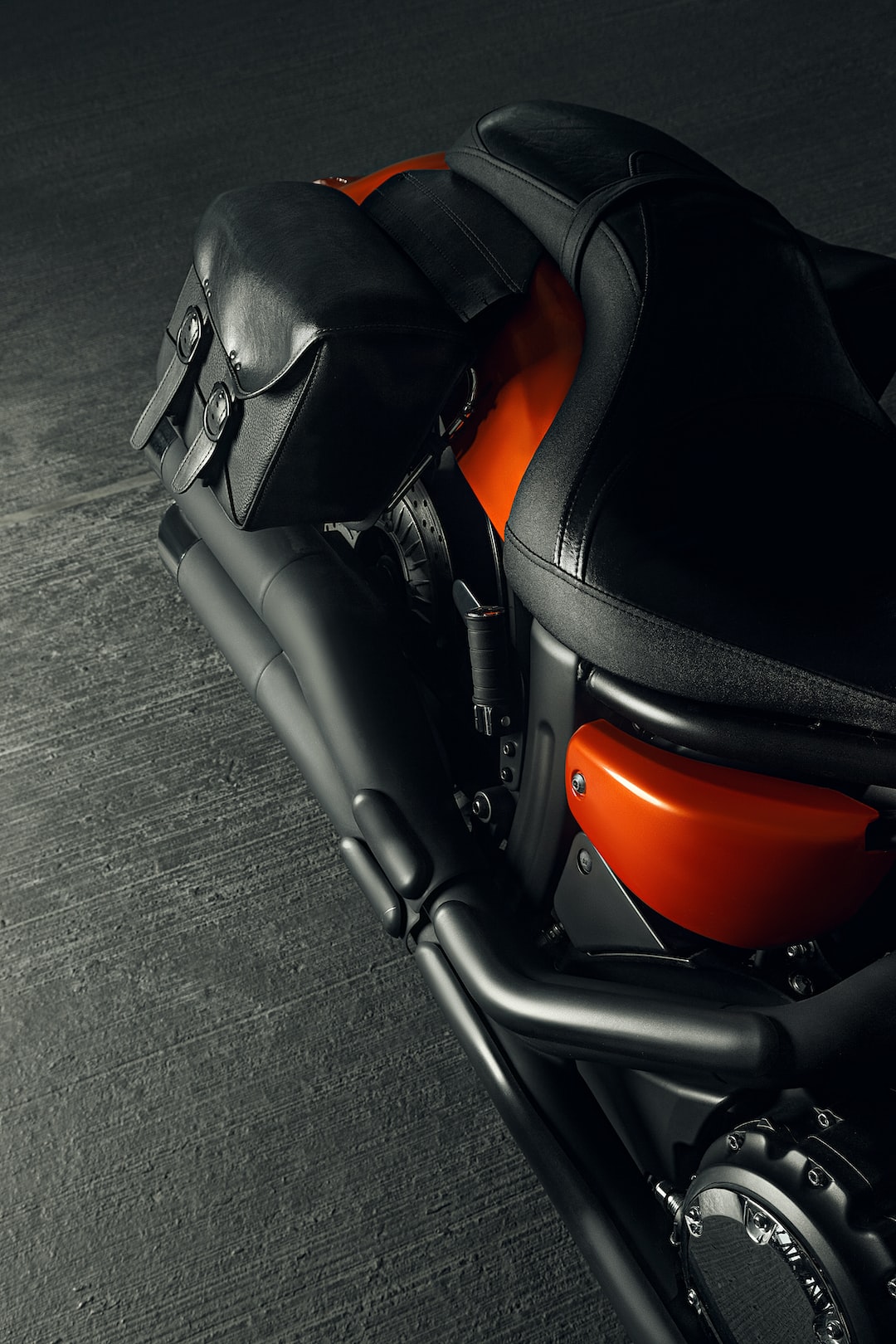The Essential Car Maintenance Checklist Every Owner Should Follow
Owning a car entails a significant financial investment, and it is essential to keep it in optimal condition to ensure its longevity and performance. Regular car maintenance is the key to preventing unexpected breakdowns and costly repairs down the line. In this blog post, we will provide you with an essential car maintenance checklist that every car owner should follow.
1. Check Fluid Levels Regularly:
Fluids are the lifeblood of your vehicle, and it is crucial to check their levels regularly. This includes engine oil, coolant, brake fluid, transmission fluid, power steering fluid, and windshield wiper fluid. Low or dirty fluid levels can lead to engine damage or compromised performance, so make sure to maintain adequate fluid levels and change them as recommended by the car manufacturer.
2. Inspect the Tires:
Your car’s tires play a critical role in ensuring safety and performance. Regularly inspect the tire pressure, tread depth, and overall condition. Underinflated or overinflated tires can affect fuel economy, handling, and even lead to blowouts. Rotate your tires every 5,000 to 7,000 miles to ensure even wear and extend their lifespan.
3. Change the Air Filter:
The air filter prevents dirt, dust, and debris from entering the engine, thereby protecting its components. A clogged air filter can lead to decreased fuel efficiency, reduced engine performance, and even engine damage. Check and replace the air filter as recommended by your car’s manufacturer or at least every year or 12,000 miles.
4. Regularly Inspect the Brakes:
Maintaining a functional braking system is crucial for your safety and the safety of others. Listen for any unusual noises when braking, and pay attention to changes in stopping distances or a spongy brake pedal. If you notice any issues, have your brake pads, rotors, and brake fluid checked by a professional. Regularly inspecting and maintaining your brakes can prevent accidents and costly repairs.
5. Change the Oil and Oil Filter:
Routine oil changes are essential for keeping your engine well-lubricated and preventing premature wear. Check your vehicle’s owner’s manual for the recommended oil change intervals, as they may vary depending on the car make and model. Additionally, ensure that the oil filter is also replaced during the oil change process to maintain optimal engine performance.
6. Keep the Battery in Good Condition:
A dead battery can leave you stranded, so it is important to keep it in good condition. Regularly inspect the battery terminals for corrosion and clean them if necessary. Test the battery voltage using a multimeter, especially if you experience slow cranking or difficulty starting the engine. If your battery is more than three years old, consider having it tested or replaced to avoid any unexpected breakdowns.
7. Check the Lights:
Properly functioning lights are crucial for visibility and communication on the road. Regularly check the condition of your headlights, taillights, brake lights, turn signals, and hazard lights. Replace any burnt-out bulbs immediately, as they can lead to accidents due to decreased visibility.
8. Maintain the Cooling System:
Overheating can cause significant engine damage, so regular maintenance of the cooling system is essential. Check the coolant level and top it up as needed, ensuring it is a 50/50 mix of coolant and water. Also, inspect the radiator, hoses, and belts for any signs of leaks or wear. If the coolant hasn’t been changed in the recommended interval, consider having a coolant flush done to remove any contaminants.
9. Keep the Interior and Exterior Clean:
Although not directly related to engine performance, keeping your car’s interior and exterior clean is essential for its overall well-being. Regularly wash the exterior to remove dirt, grime, and salt, which can cause corrosion. Vacuum the interior and remove any debris that might damage the upholstery or clog the air vents.
10. Follow the Service Schedule:
Finally, one of the most crucial aspects of car maintenance is following the manufacturer’s recommended service schedule. This includes regular inspections, tune-ups, and maintenance tasks specific to your car’s make and model. By following the service schedule diligently, you can prevent potential problems and ensure your car’s longevity.
In conclusion, regularly maintaining your car is essential for its optimal performance, safety, and longevity. By following this essential car maintenance checklist, you can avoid unexpected breakdowns, costly repairs, and ensure that your car serves you well for years to come. Remember, preventive maintenance is far less expensive than reactive repairs, so invest the time and effort into taking care of your car regularly.

